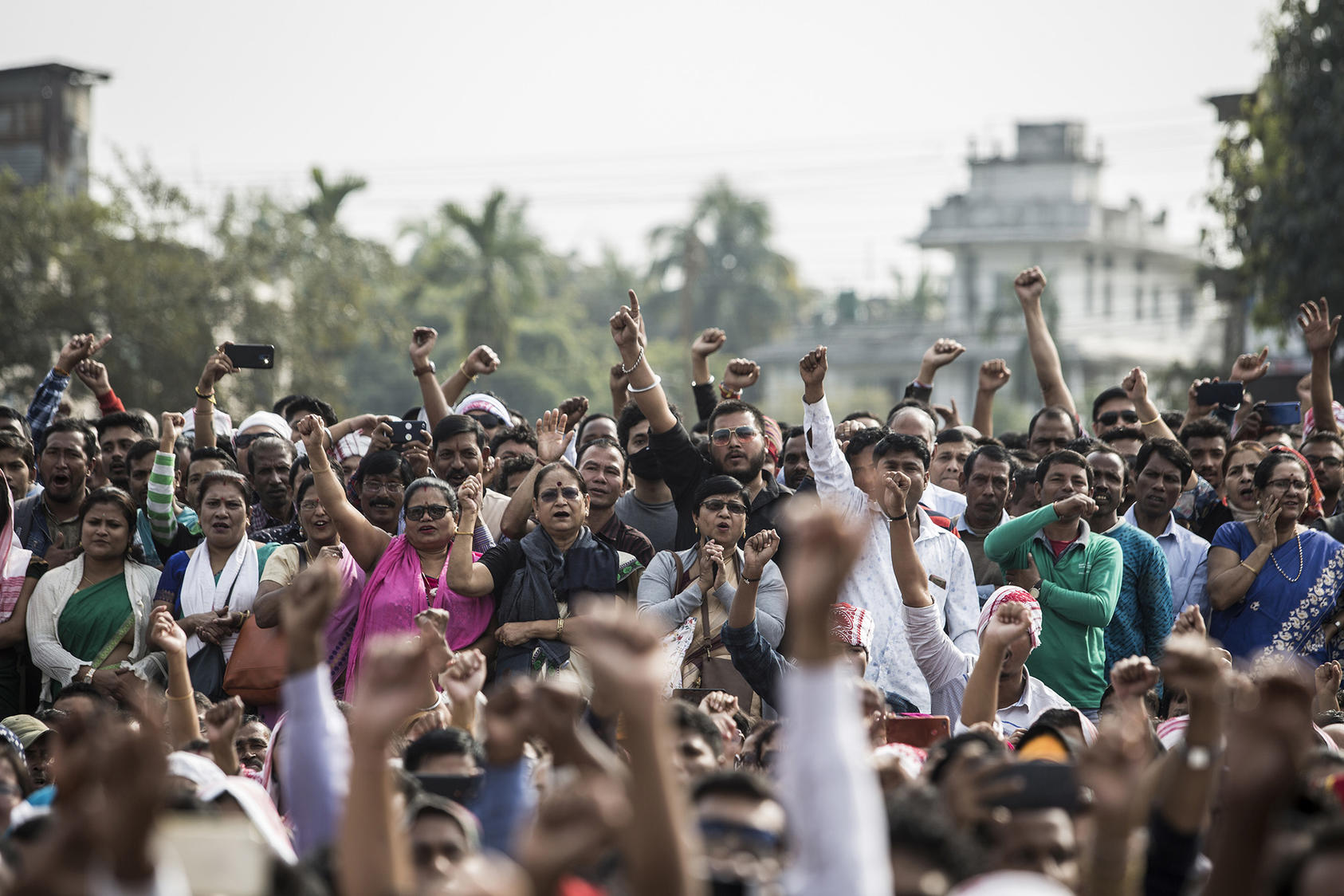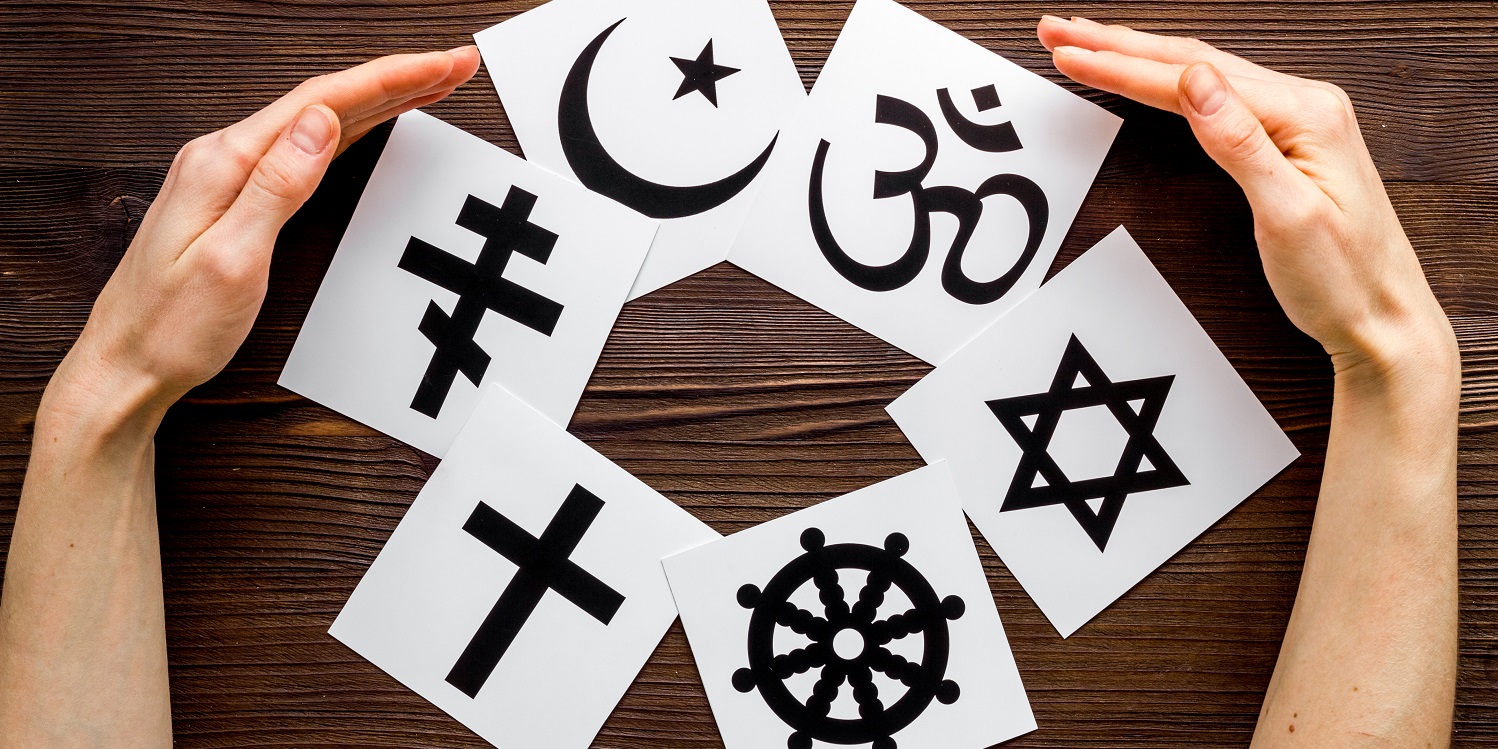Introduction
Religious discrimination is a form of unfair treatment towards an individual or group based on their religious beliefs or practices. It can manifest in different forms, such as denial of employment, education, or housing opportunities, harassment, hate speech, physical violence, and even genocide. In this article, we will discuss the prevalence and effects of religious discrimination, as well as provide some solutions to address this issue.
Religion discrimination is a global issue that affects people of various religions, including Christianity, Islam, Judaism, Buddhism, Hinduism, and others. According to a report by the Pew Research Center, as of 2016, religious restrictions were high or very high in 83 countries, affecting almost 5.5 billion people. The report also found that Christians and Muslims were the most widely targeted religious groups.
Important Facts
Prevalence of Religious Discrimination
Religious discrimination is prevalent in many parts of the world, and it affects people of various ages, genders, races, and socioeconomic backgrounds. According to a report by the United Nations, religious intolerance and discrimination have increased in recent years, leading to various human rights violations. In some countries, religious minorities face discrimination in the form of laws, policies, and practices that restrict their freedom of religion or belief.
Effects of Religious Discrimination
Religious discrimination can have severe psychological, social, and economic effects on individuals and communities. For instance, it can lead to feelings of isolation, anxiety, depression, and low self-esteem. It can also limit the opportunities for education, employment, and housing, leading to poverty and social exclusion. Moreover, religious discrimination can fuel interreligious tensions, conflicts, and violence, leading to loss of lives and properties.
Examples of Religious Discrimination
Religious discrimination can manifest in various ways, such as hate speech, harassment, violence, and even genocide. Here are some examples:
In Myanmar, the Rohingya Muslim minority has faced decades of discrimination, including denial of citizenship, restrictions on movement, and mass killings.
In India, religious minorities, including Muslims and Christians, face discrimination in the form of hate speech, mob violence, and forced conversions.
In the United States, there have been cases of discrimination against Muslims, such as denial of employment or housing opportunities, hate speech, and surveillance.
Solutions
Religious discrimination is a complex issue that requires a multi-faceted approach. Here are some solutions that can help address this problem:
Promote Interreligious Dialogue and Understanding
Interreligious dialogue and understanding can help foster mutual respect, tolerance, and peaceful coexistence among people of different religions. It can also help challenge stereotypes and misconceptions about other religions. Governments, civil society organizations, and religious leaders can play a crucial role in promoting interreligious dialogue and understanding.
Strengthen Legal Protections Against Religious Discrimination
Legal protections against religious discrimination can help ensure that individuals and communities are not unfairly treated based on their religion or belief. Governments can enact and enforce laws that prohibit religious discrimination in various spheres of life, such as employment, education, and housing. They can also provide effective remedies and sanctions for those who violate these laws.
Educate the Public on the Harmful Effects of Religious Discrimination
Educating the public on the harmful effects of religious discrimination can help raise awareness and promote empathy towards those who are targeted. Schools, universities, and media can play a critical role in educating the public on religious diversity, tolerance, and respect.
Encourage Intercultural and Interreligious Exchange Programs
Intercultural and interreligious exchange programs can help promote understanding and appreciation of different cultures and religions. They can also help foster friendships and cooperation among people of different backgrounds. Governments, universities, and civil society organizations can facilitate such programs by providing opportunities for people to interact, share experiences, and learn from each other.
Address Root Causes of Religious Discrimination
Addressing the root causes of religious discrimination, such as poverty, inequality, and political instability, can help reduce the risk of interreligious tensions and conflicts. Governments can promote inclusive and equitable development policies that address the needs of all communities, regardless of their religion or belief. They can also work to promote political stability and peace in conflict-prone areas.
Conclusion
Religious discrimination is a global issue that affects millions of people. It can have severe psychological, social, and economic effects on individuals and communities. To address this issue, it is crucial to promote interreligious dialogue and understanding, strengthen legal protections against religious discrimination, educate the public on the harmful effects of discrimination, encourage intercultural and interreligious exchange programs, and address the root causes of discrimination. By working together, we can create a world where people of all religions can live in peace, harmony, and mutual respect.


Comments
Post a Comment